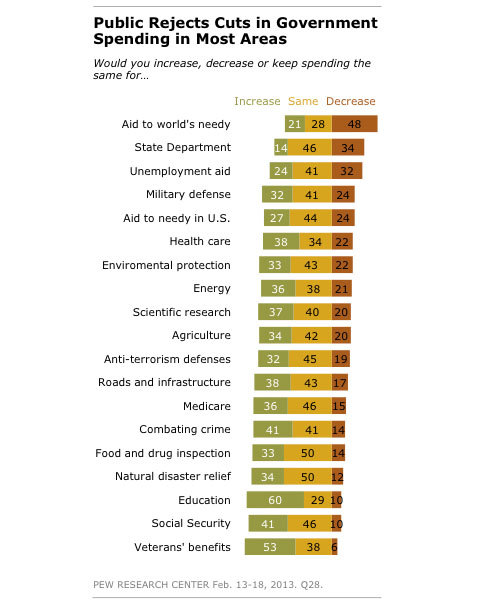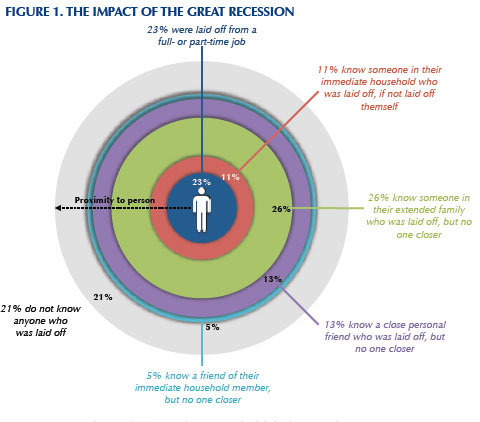HONG KONG — In a move that underscores the growing importance of Asia as a market for goods as varied as fast cars, fine wines and postage stamps, Spink Sons, a small auction house founded in London in 1666, announced on Tuesday that its chief executive had relocated to Hong Kong.
Olivier D. Stocker, a former investment banker who spent many years in Asia before buying the auction house in 2002, moved to Hong Kong from London this month, a step he said was aimed at galvanizing Asian growth.
“If you really want to focus your mind and business on the region, you have to live here,” said Mr. Stocker, who is French. By basing himself and his family full time in Hong Kong, he said, “you are sending an important message to your customers and your staff that you believe in the region, that you are committed to it.”
Mr. Stocker’s remarks echo those of a growing number of senior executives from non-Asian companies who have based themselves in cities like Singapore, Hong Kong and Shanghai, rather than in the countries in which their companies have headquarters.
The phenomenon is fairly recent, but has picked up rapidly in the past few years as Asia’s appetite for industrial, consumer and luxury goods has emerged as a key engine of growth for Western companies struggling at home.
In 2008, for example, just 19.1 percent of non-Asian multinational companies surveyed by the Economist Corporate Network had one or more board members living and working in Asia. By last year, that figure had reached 38.3 percent. What is more, 52.6 percent of the respondents in the Economist Corporate Network’s 2012 survey expected to have board members in the region by 2017.
Among those who have chosen to base themselves in Asia in recent years are John Rice, vice chairman of General Electric and president and chief executive of global growth and operations, who moved to Hong Kong in 2011; Jean-Pascal Tricoirse, the chief executive of Schneider Electric, a French engineering company that derives more than a quarter of its sales from Asia, spends so much time traveling in Asia that his family has moved to Hong Kong.
The auction world, too, has seen Asian spending power become a key driver of growth over the past decade as affluence has increased throughout the region, industry experts say.
Hong Kong, for example, has emerged as a key venue for high-end jewelry auctions in the past six or seven years and now ranks alongside Geneva and New York as a center for such sales.
Likewise, Mr. Stocker said, Hong Kong has long been an important market for the stamps, coins and other collectibles that his auction house specializes in.
“But you have really seen Asian buyers picking up steam and momentum over the past decade,” he said. “The region is the fastest growing in the world.”
Asian buyers now account for about one-third of the money spent at Spinks sales, which take place in London, Hong Kong, Singapore, New York and elsewhere. That proportion, he said, could rise to about 50 percent in the next five or 10 years.

Article source: http://www.nytimes.com/2013/09/25/business/global/auction-house-ceo-moves-to-hong-kong.html?partner=rss&emc=rss



